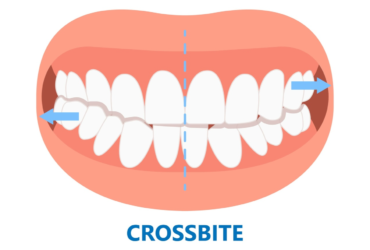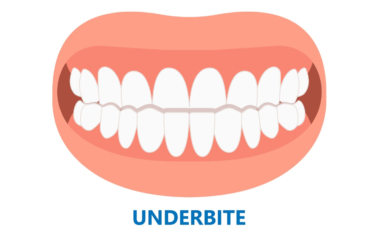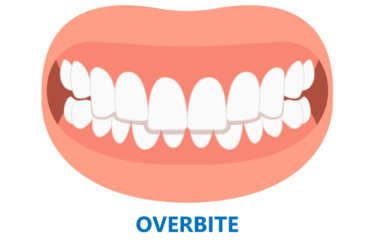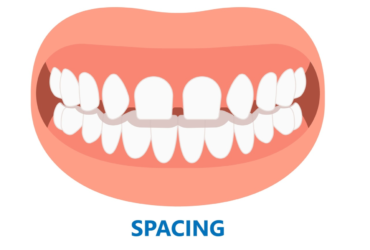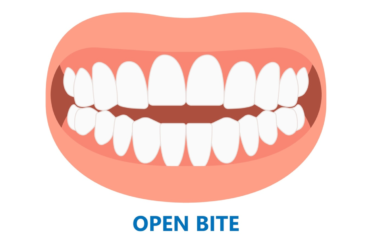Orthodontics Emergencies
Orthodontics Emergencies
Orthodontic Emergencies
Orthodontic treatment is designed to give you a beautiful, healthy smile, but sometimes unexpected issues arise during treatment that can cause discomfort or concern. While true orthodontic emergencies are rare, it’s important to know how to handle minor issues and when to seek professional help. Understanding what constitutes an orthodontic emergency and how to respond can help you stay on track with your treatment and avoid unnecessary complications.
Common Orthodontic Emergencies and How to Handle Them
Orthodontic emergencies can range from mild discomfort to more serious problems. Many issues can be managed at home with simple solutions, while others may require an urgent visit to your orthodontist.
Loose or broken braces: If a bracket or wire comes loose or breaks, it can cause discomfort or irritation in the mouth.
Painful or loose rubber bands: If the rubber bands connecting the braces or aligners become loose or painful, it may be necessary to adjust them.
Loose or lost aligners: If an aligner becomes loose or is lost, it is important to get a replacement as soon as possible to avoid delaying treatment.
Sore spots or ulcers: Sore spots or ulcers can develop in the mouth during orthodontic treatment. This can be caused by the braces or aligners rubbing against the cheeks or gums.
Food caught between braces or aligners: If food gets stuck between the braces or aligners, it can be uncomfortable and cause decay.
Orthodontic Emergencies FAQ
01. What Are Common Orthodontic Emergencies?
Some common orthodontic emergencies include:
• Loose or broken braces brackets: A bracket may become loose if it’s knocked off by hard or sticky food. If this happens, you can use orthodontic wax to temporarily secure it until your next appointment. • Poking wires: Wires that shift or break can poke the inside of your cheeks or gums. Using orthodontic wax or a clean pencil eraser can help push the wire into a more comfortable position.
• Lost separators or spacers: If you lose a separator, it’s usually not an emergency, but contact your orthodontist to determine if it needs to be replaced.
• Mouth sores or irritation: Braces can sometimes irritate the soft tissues in your mouth. Rinsing with salt water or applying orthodontic wax can ease the discomfort.
• Discomfort after adjustments: It's normal to feel some soreness after adjustments. Over-the-counter pain relievers can help manage this discomfort.
• Loose or broken braces brackets: A bracket may become loose if it’s knocked off by hard or sticky food. If this happens, you can use orthodontic wax to temporarily secure it until your next appointment. • Poking wires: Wires that shift or break can poke the inside of your cheeks or gums. Using orthodontic wax or a clean pencil eraser can help push the wire into a more comfortable position.
• Lost separators or spacers: If you lose a separator, it’s usually not an emergency, but contact your orthodontist to determine if it needs to be replaced.
• Mouth sores or irritation: Braces can sometimes irritate the soft tissues in your mouth. Rinsing with salt water or applying orthodontic wax can ease the discomfort.
• Discomfort after adjustments: It's normal to feel some soreness after adjustments. Over-the-counter pain relievers can help manage this discomfort.
02. What Should I Do If a Bracket or Wire Breaks?
If a bracket becomes loose or a wire breaks, assess the situation first. If it’s not causing pain, call your orthodontist to schedule a repair. If it’s poking or causing discomfort, use wax or carefully trim the wire with clean nail clippers to prevent injury until you can see your orthodontist.
03. Can I Handle Orthodontic Emergencies at Home?
Many minor orthodontic issues can be managed at home. For example:
• Loose brackets can be secured with wax.
• Poking wires can be bent away from the sensitive areas with a cotton swab or pencil eraser.
• Discomfort can be alleviated with saltwater rinses or pain relievers.
However, if you’re unsure how to handle an issue or if it’s causing significant pain, contact your orthodontist.
• Loose brackets can be secured with wax.
• Poking wires can be bent away from the sensitive areas with a cotton swab or pencil eraser.
• Discomfort can be alleviated with saltwater rinses or pain relievers.
However, if you’re unsure how to handle an issue or if it’s causing significant pain, contact your orthodontist.
04. When Should I Contact My Orthodontist?
You should call your orthodontist if:
• You have a broken or loose bracket.
• A wire is causing pain and can't be managed at home.
• You experience severe pain that doesn’t go away.
• You lose a separator and aren’t sure if it needs replacement.
For any emergency that causes significant pain or might disrupt your treatment, reaching out to your orthodontist is the best course of action.
• You have a broken or loose bracket.
• A wire is causing pain and can't be managed at home.
• You experience severe pain that doesn’t go away.
• You lose a separator and aren’t sure if it needs replacement.
For any emergency that causes significant pain or might disrupt your treatment, reaching out to your orthodontist is the best course of action.
05. How Can I Prevent Orthodontic Emergencies?
You can reduce the likelihood of orthodontic emergencies by following a few simple rules:
• Avoid hard, sticky, or crunchy foods that can damage your braces.
• Wear a mouthguard during sports or physical activities to protect your braces and teeth.
• Follow your orthodontist’s guidelines for brushing, flossing, and maintaining your appliances.
• Avoid hard, sticky, or crunchy foods that can damage your braces.
• Wear a mouthguard during sports or physical activities to protect your braces and teeth.
• Follow your orthodontist’s guidelines for brushing, flossing, and maintaining your appliances.
06. What If I’m Traveling and Have an Orthodontic Emergency?
If you experience an orthodontic emergency while traveling, you can often manage minor issues with the tips provided above. It’s a good idea to carry some orthodontic wax and a small emergency kit. If you need professional help, contact a local orthodontist or your own orthodontist for advice on finding care in your area.
07. Are Orthodontic Emergencies Common?
Fortunately, true orthodontic emergencies are rare. Most issues can be resolved quickly without disrupting your treatment. Regular check-ups and following your orthodontist’s care instructions will minimize the risk of emergencies.
Orthodontic emergencies can be unsettling, but knowing how to handle them will help you stay calm and manage any issues that arise. Whether it’s a loose bracket, a poking wire, or minor discomfort, many problems can be addressed at home with a little patience and the right tools. However, don’t hesitate to contact your orthodontist when in doubt or when you need professional assistance. By staying proactive, you’ll ensure that your orthodontic treatment stays on track, leading to the beautiful, healthy smile you’ve been working towards.



